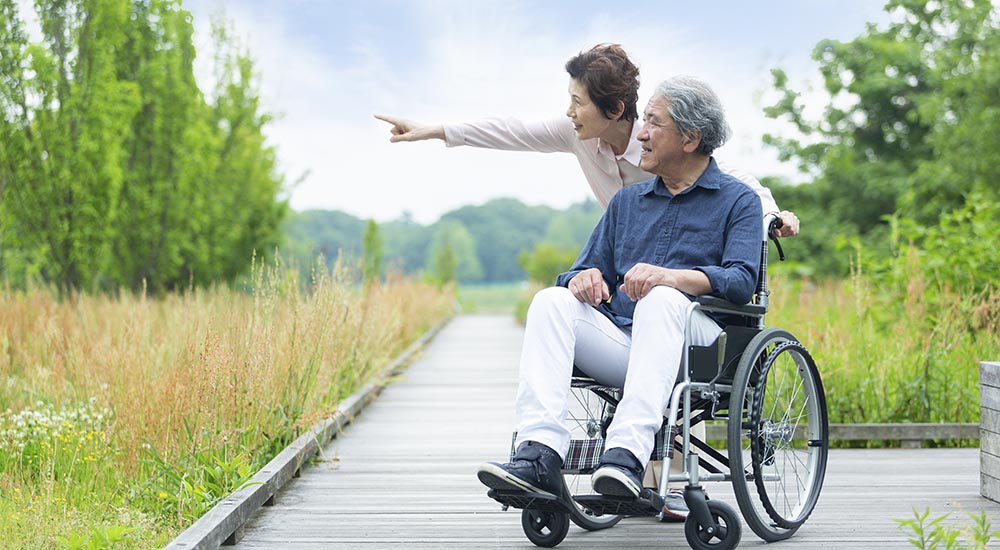
Research suggests that leading a healthy lifestyle may help to reduce a person’s risk of developing dementia later in life. The general rule is what’s good for the heart is good for the brain, so both should be well looked after with a balanced diet and regular physical and mental exercise.
Much of what’s needed are simple activities you can include in your regular schedule. Remember, it’s never too late to make any of these changes.
Below are five ways you can help to reduce your risk of developing dementia:
Smoking, high blood pressure, high cholesterol, diabetes and obesity all damage the blood vessels and increase the risk for having a stroke or a heart attack, that could contribute to developing dementia in later life. These problems can be prevented through healthy lifestyle choices and should be treated effectively if they do occur.
Physical activity and exercise are powerful preventive medicines, helping you control your blood pressure and weight, as well as reducing the risk of Type II diabetes and some forms of cancer. There is also some evidence to suggest that some kinds of physical activity can reduce the risk of developing dementia. The good news is that getting active is proven to make us feel good and is a great activity to do with friends and family.
Food is fuel for both brain and body. We can help both to function properly by eating a healthy, balanced diet. Some evidence suggests that a Mediterranean diet — rich in cereals, fruits, fish, legumes and vegetables — can help reduce the risk of dementia. While more studies are needed on the benefits of specific foods or supplements, we do know that eating lots of foods that are high in saturated fat, sugar, and/or salt is associated with a higher risk of heart
disease and is best avoided.
By challenging the brain with new activities, you can help build new brain neurons and strengthen the connections between them. This may counter the harmful effects of Alzheimer’s disease and other dementia pathologies. By challenging your brain, you can learn some great new things. So how about
learning a new language or taking up a new hobby?
Social activities may be beneficial to brain health because they stimulate our brain reserves, helping to reduce our risk of dementia and depression. Try and make time for friends and family. You can even combine your activities with physical and mental exercise through sport or other hobbies.
Source: Alzheimer’s Disease International
Hope Hospice offers free education for individuals caring for a loved one with dementia or plan to soon become family caregivers. Four of our 12 classes have a dementia focus. Learn more here.